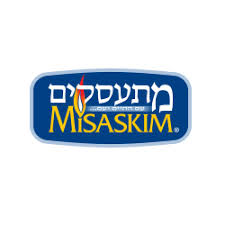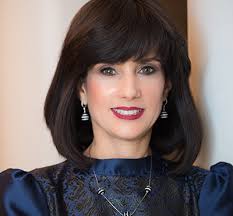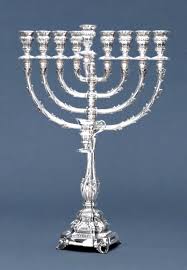Misaskim Commemorates First Anniversary with Expansion of Services

Aryeh Leib Freedman did his “homework” before he spearheaded the formation of Misaskim of Maryland, a full year ago, in memory of his father, Rabbi Mendel (Menachem Mendel Don ben Aryeh Leib) Freedman, z”l, longtime principal of Bais Yaakov of Baltimore. This homework included conferring with Sol Levinson and Bros. as well as with the Chevra Kadisha to gauge the volume of services needed. So Aryeh Leib was surprised by the higher than anticipated numbers of aveilim (mourners) that the eight-member volunteer organization serviced in its first year: over 150 shiva houses and over 350 aveilim (mourners).
“It was a lot more than we expected,” remarks Aryeh Leib. “We had heard there would be about 50 to 60 shiva houses per year. However, because many people sit shiva in Baltimore for levayas (funerals) held out of town, the numbers are much higher.”
The locally-run, independent non-profit 501(c)(3) organization, which is modeled after the New York-based Misaskim, has alleviated the last-minute scrambling by Baltimore aveilim for shiva house items and other needs above what Levinson’s and other organizations already graciously provide for community members. These include: sifrei Torah, each with an aron kodesh; siddurim in nusach Ashkenaz, Sefard, Ari, and Edot Hamizrach; shtenders; a bima for laining; low aveilim chairs and tray tables; a lending library of English and Hebrew sefarim about the halachos of mourning; and Mishnayos charts, among other items. Air conditioners, fans, and heaters are also provided when needed.
When Misaskim first started, Mr. Dovid Davis, stepped up to donate two sifrei Torah for use in shiva houses. As the greater need became apparent, the Tuchman family, Chaim Pollack family, and Gershon Seidel family also lent sifrei Torah to Misaskim. Recently, the Zobdeh and Moeinzadeh families kindly donated a Sefardi sefer Torah for use by Misaskim as well.









